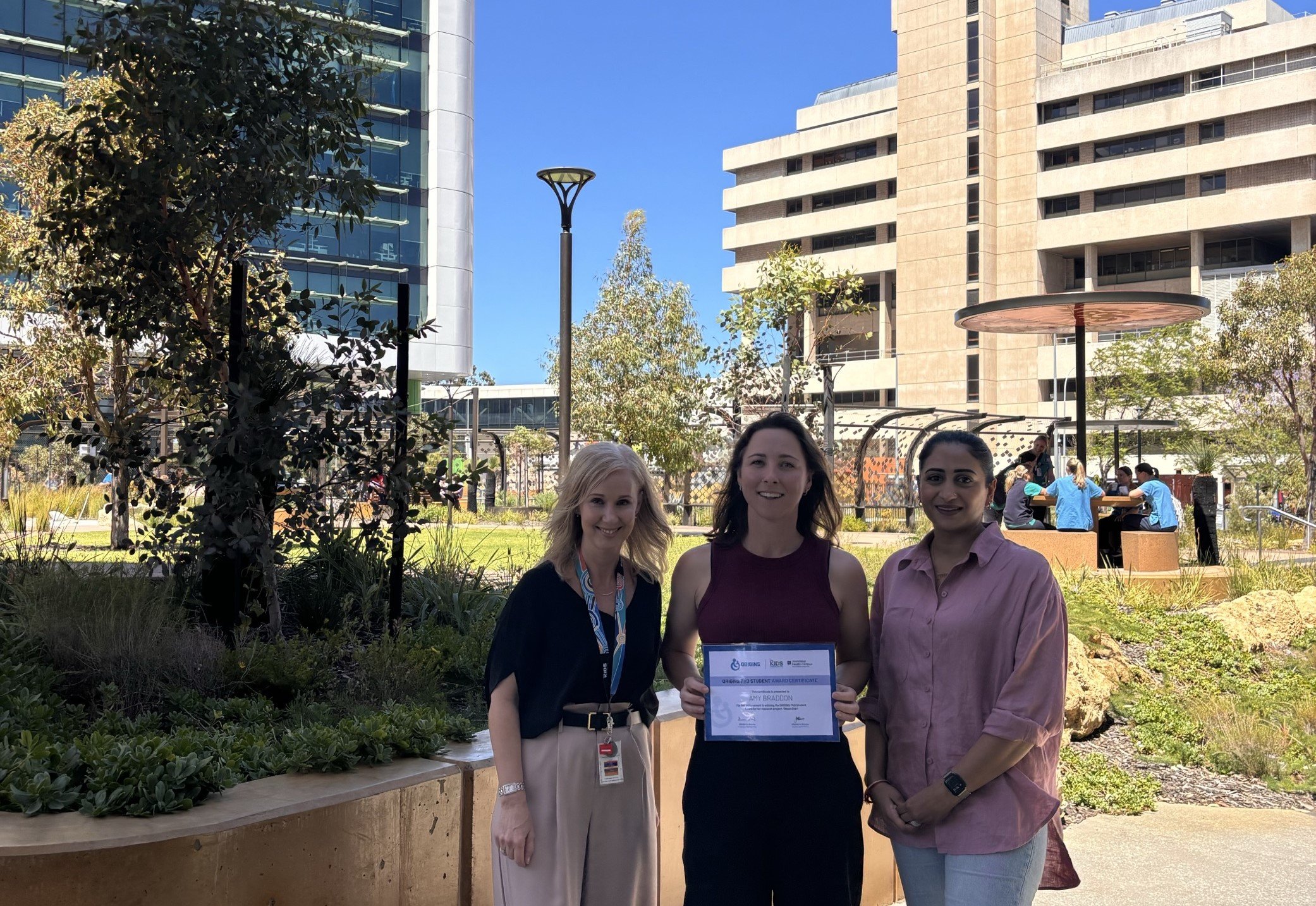Search

News & Events
Food and nutrition in pregnancyA healthy and balanced diet is important if you’re pregnant or planning a pregnancy.

News & Events
Healthy lunch ideas for kids during COVID-19All parents are familiar with the nightly battle to get the kids to eat their vegies, but did you know primary-school aged children get over one third of their energy intake from the food they consume during school hours

At The Kids Research Institute Australia our researchers are searching for answers to improve the health and wellbeing of children and families.
News & Events
Telethon Institute joins international effort to improve early nutrition and long term healthThe Kids for Child Health Research will join more than 50 scientists from 36 research institutions around the world to improve early nutrition
Research
Food AllergyFood allergies have become more common in our community, with up to one in ten young children now affected. Reactions can range from mild hives to life threatening anaphylaxis and breathing difficulties. The most common food allergies are to egg, peanut, tree nuts, cow’s milk, fish, shellfish, sesame, wheat and soy.

News & Events
ORIGINS is pleased to announce the 2024 recipient of its inaugural PhD Student AwardMiss Braddon will be awarded with $15,000 to go towards her research project, DreamStart
Publications, papers and findings coming out of ORIGINS and its sub-projects

ORIGINS sub-projects investigating the impact of the physical environment and lifestyle on health, development and chronic conditions.
Research
Egg-sensitised infants have elevated CD4+ effector memory T regulatory cells from birthIgE-mediated sensitisation to egg is common in infants. In some cases, the processes leading to egg sensitisation are established in early life, even before introduction to solid foods. The underlying mechanisms remain poorly understood.
Research
Effect of maternal prebiotic supplementation on human milk immunological composition: Insights from the SYMBA studyImmunomodulatory proteins in human milk (HM) can shape infant immune development. However, strategies to modulate their levels are currently unknown. This study investigated whether maternal prebiotic supplementation alters the levels of immunomodulatory proteins in HM.
